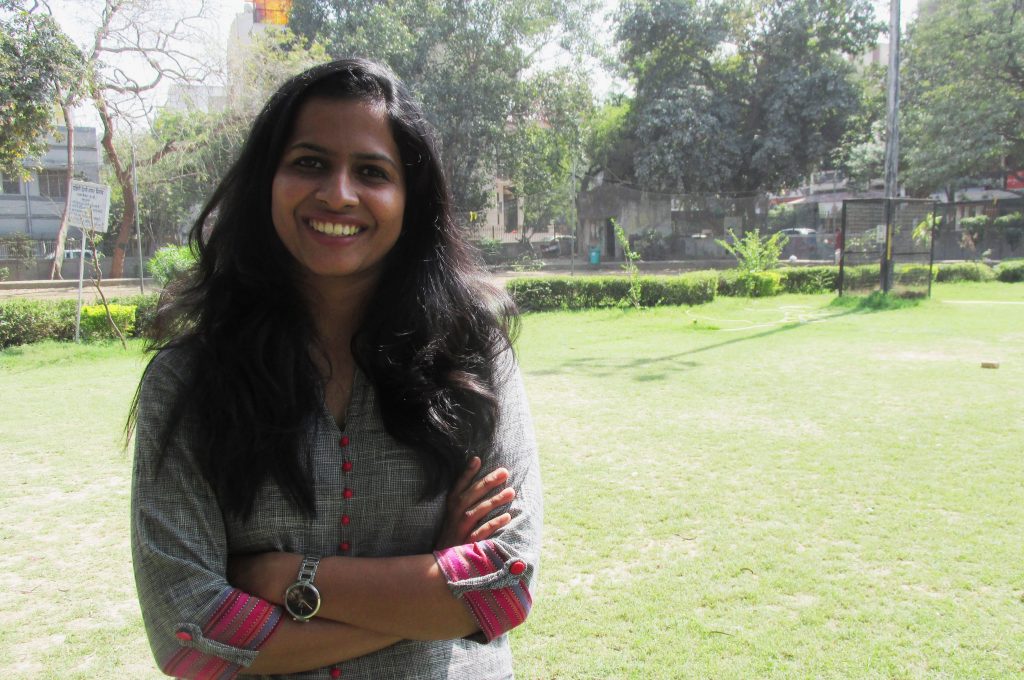
Journalists from India, Germany, France, Pakistan and Syria have been recognised for their outstanding achievement in the 2018 Cancer Journalism Award, organised by Cancer World magazine. A remarkable 181 entries produced in 2017 and 2018 – print, online, radio, video and television – were submitted by journalists working in 39 countries.
There were winners in four categories, who each receive €1 500. The judges agreed that the standard of entries was consistently high.
Overall winner
Swagata Yadavar from India won the Policy, Services and Affordability category for her investigation into India’s growing cancer crisis, centred around experiences at the Tata Memorial Hospital in Mumbai. It was published in IndiaSpend, the country’s first not-for-profit data journalism initiative.
As well as awarding her the category prize, with a €1500 cheque, the judges decided she should also be the overall winner of the awards and will be funded to attend the ECCO European Cancer Congress. They were extremely impressed at the way she took a national story and gave it local detail, combining painstaking data journalism with the reality of human experience.
“I am absolutely thrilled and honoured to receive this award,” she said. “I am glad that voices of the poorest Indian cancer patients are heard across the world and I hope there is an improvement in their access to treatment. I dedicate the award to the cancer patients staying outside Tata Memorial Hospital without whose spirit and generosity this would not have been possible.”
Patient and Carer Experience category winner
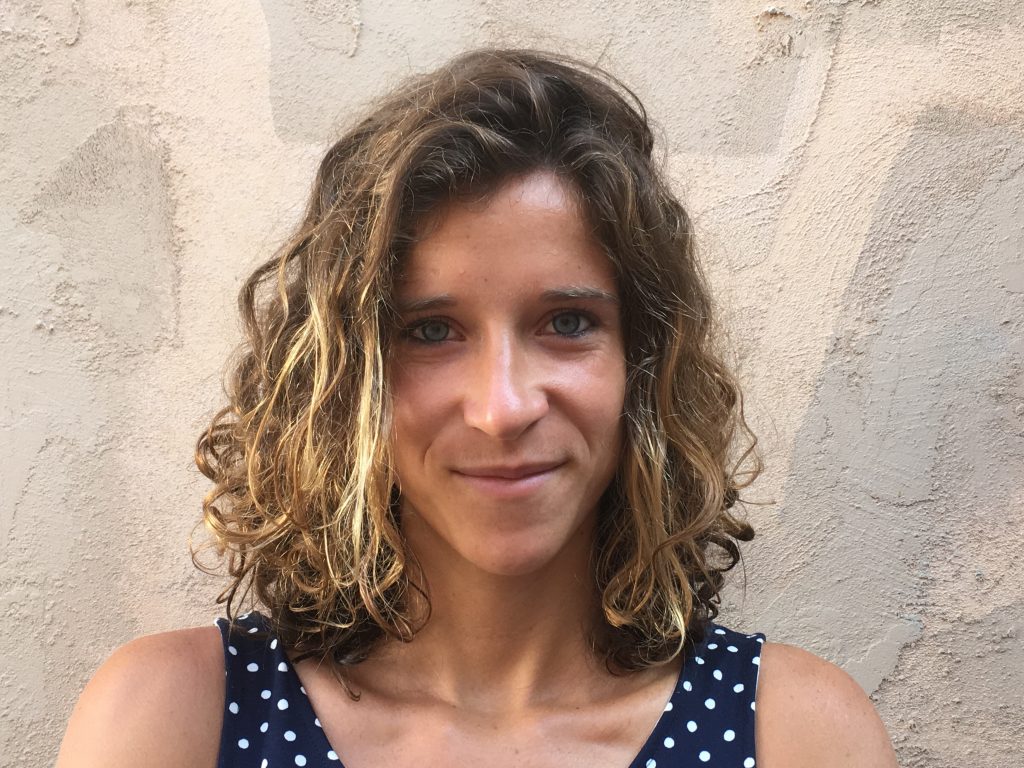
The winner in the Patient and Carer Experience category was Laure Andrillon from France, for her piece in Slate magazine about women who choose to “stay flat” after mastectomy and choose to heal in their own way. “The idea that many, many more people from all over the world will read these women’s stories makes me proud,” said Laure, on learning of her award. “As a young freelancer, this recognition encourages me to keep reporting about the taboos and body image issues that are related to cancer.”
Research, science and treatment category
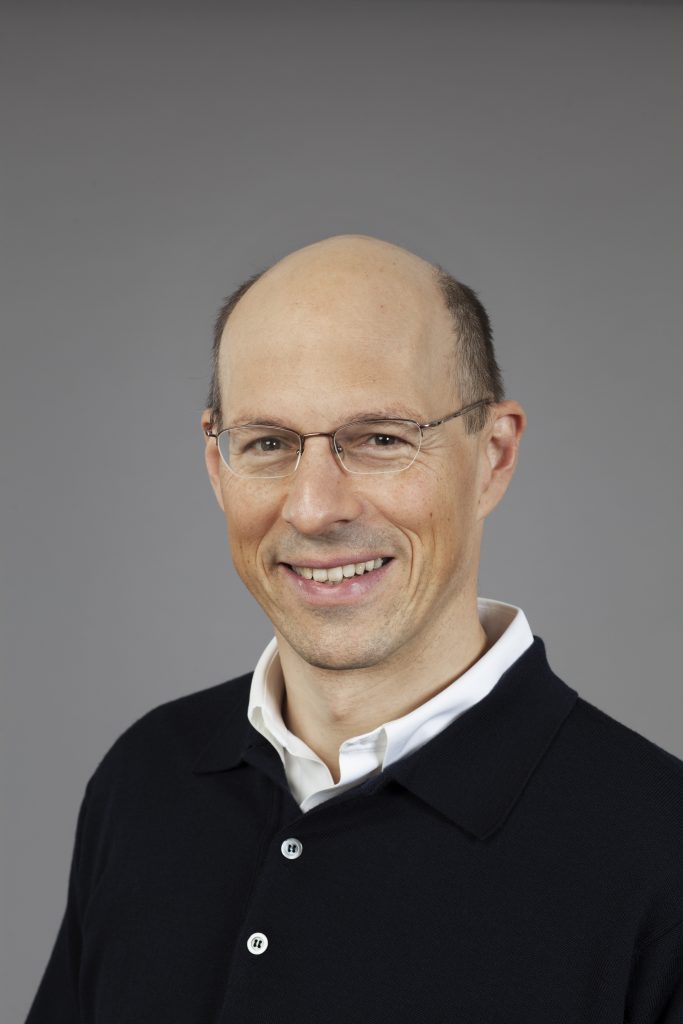
Max Rauner from Germany won the research, science and treatment category for his article “Do you need a doctor? See your digital sibling first”, published in the Zeit Wissen magazine. The piece examined the potential value of computer simulations to guide treatment decisions. He said: “Writing about cancer research is challenging, because I need to find a balance between not sensationalising and not getting lost in detail. I am very happy that my article managed to convince the jury!“
Prevention category winner
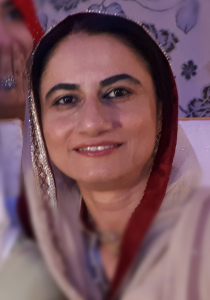
The winner in the prevention category was Faiza Ilyas, for her story in the Pakistan newspaper Dawn: “Oral cancer epidemic in the making due to gutka, paan consumption”. The story shows how oral cancer caused by hazardous substances is affecting the lives of poor patients in Karachi, a major Pakistani city, and the challenges doctors face in their treatment.
She said she was honoured to receive the award. “I dedicate it to all journalists trying to make the world a better place to live in.”
Special commendation
The judges decided that one entry, though not a winner, deserved a special commendation. It was an article entitled “Mirror of hope, lie of cancer” by Hajar Harb, a journalist in Palestine who wrote in the Gaza Post of the experiences of women facing breast cancer in the Gaza Strip, and her own journey to find treatment.



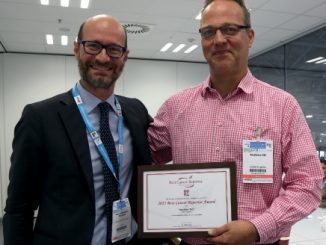
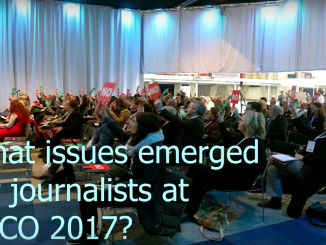
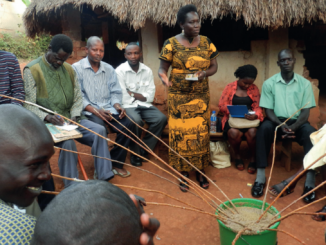
Leave a Reply